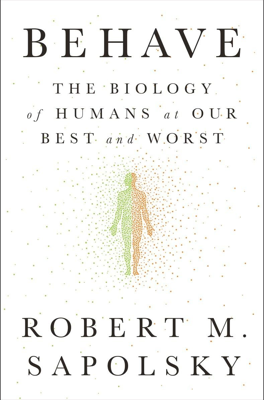Back to When You Were Just a Fertilized Egg
Genetic Foundations of Behavior
This section discusses the complex relationship between genetics and behavior, emphasizing that while genes play a crucial role in behavior, their influence is not as deterministic as often suggested. Early in the development, when an egg and sperm unite, a unique genetic blueprint is formed. This genetic setup influences various aspects of future behavior by impacting the neurotransmitters, hormones, receptors, and brain plasticity. However, the overarching theme reveals that behavior is not solely dictated by genetics.
Combating Misconceptions and Over-Extensions
The discussion acknowledges public resistance and over-enthusiasm towards the idea of genetic influences on behavior. Historically, genetic studies have been misused to justify discrimination and destructive ideologies under the banners of racism, sexism, and eugenics. Conversely, modern genomics has also led to an overexaggerated belief in genes as the ultimate determinants of behavior, a view this chapter seeks to correct.
Biological Essentialism and Its Implications
The chapter explores the concept of biological essentialism, where people attribute an immutable essence to genes which supposedly defines behavior immutably across generations. This is illustrated with an example where individuals perceived biological grandchildren as having more moral obligations compared to adopted ones, based purely on genetic relations. This highlights how deeply embedded the misconception of genetic determinism is in societal perceptions.
The Role of Genes in Complex Behaviors
Expanding on the functional aspects of genes, the narrative explains gene regulation and its limits in dictating behavior. Although genes contribute to the formation of critical biochemical substrates for behavior, such as hormones and neurotransmitters, their role is part of a broader, interactive biological system influenced by environmental and developmental factors.
Genetic Influence on Aggression and Altruism
Finally, the chapter assesses how genetics impact our 'best and worst' behaviors, like aggression and altruism. It underscores that while genetics provide a framework for potential behavioral tendencies, the actual behaviors are significantly shaped by environmental interactions, developmental experiences, and personal choices over time, reinforcing the theme that behavior cannot be solely predicted by genetic constitution.
This perspective aligns with the broader conceptual themes of the book, emphasizing that understanding behavior requires integrating genetic insights with environmental and social contexts to fully appreciate the complexity of human actions.
